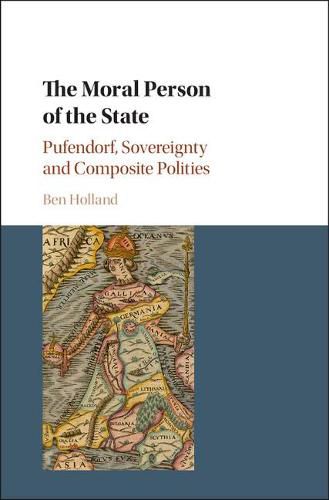Readings Newsletter
Become a Readings Member to make your shopping experience even easier.
Sign in or sign up for free!
You’re not far away from qualifying for FREE standard shipping within Australia
You’ve qualified for FREE standard shipping within Australia
The cart is loading…






This is the first detailed study in any language of the single most influential theory of the modern state: Samuel von Pufendorf’s account of the state as a ‘moral person’. Ben Holland reconstructs the theological and political contexts in and for which Pufendorf conceived of the state as being a person. Pufendorf took up an early Christian conception of personality and a medieval conception of freedom in order to fashion a theory of the state appropriate to continental Europe, and which could head off some of the absolutist implications of a rival theory of state personality, that of Hobbes. The book traces the fate of the concept in the hands of others - international lawyers, moral philosophers and revolutionaries - until the early twentieth century. It will be essential reading for historians of political thought and for those interested in the development of key ideas in theology, international law and international relations.
$9.00 standard shipping within Australia
FREE standard shipping within Australia for orders over $100.00
Express & International shipping calculated at checkout
This is the first detailed study in any language of the single most influential theory of the modern state: Samuel von Pufendorf’s account of the state as a ‘moral person’. Ben Holland reconstructs the theological and political contexts in and for which Pufendorf conceived of the state as being a person. Pufendorf took up an early Christian conception of personality and a medieval conception of freedom in order to fashion a theory of the state appropriate to continental Europe, and which could head off some of the absolutist implications of a rival theory of state personality, that of Hobbes. The book traces the fate of the concept in the hands of others - international lawyers, moral philosophers and revolutionaries - until the early twentieth century. It will be essential reading for historians of political thought and for those interested in the development of key ideas in theology, international law and international relations.